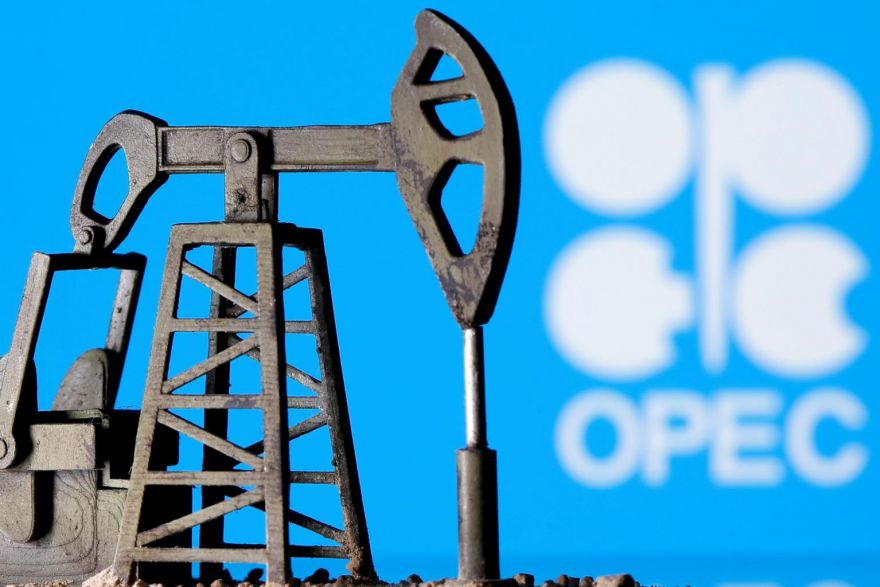In a setback to Nigeria’s efforts to meet its Organisation of Petroleum Exporting Countries (OPEC) crude oil quota, the nation reported a significant underproduction of 3 million barrels in the month of November compared to October, according to OPEC figures released on Wednesday.
Nigeria’s self-reported production for November stood at 1.25 million barrels per day, a notable decline from the 1.35 million bpd recorded the previous month.
This 100,000 bpd loss resulted in a cumulative deficit of 3 million barrels over the entire 30 days of November.
The nation has been grappling with meeting its OPEC quota for over three years, citing challenges such as oil theft, asset vandalism, and a decline in investment in the oil sector.
Despite these struggles, Minister of State for Petroleum Resources (Oil), Senator Heineken Lokpobiri, remains optimistic, asserting that Nigeria will surpass 1.7 million bpd in 2024.
However, it’s worth noting that the 1.25 million bpd figure excludes condensates, which fall outside OPEC’s computation of total crude oil produced.
The persistent shortfall has raised concerns about Nigeria’s ability to adhere to its production commitments and underscores the ongoing challenges faced by the country in the oil sector.
The OPEC report also shed light on Nigeria’s economic performance in Q3 2023, noting a 3.1% year-on-year increase, driven by robust activity in non-oil sectors, particularly services and agriculture.
However, inflationary pressures, with the inflation rate reaching 27.3% year-on-year, pose challenges to the nation’s economic landscape.
As Nigeria grapples with meeting its oil production targets, OPEC maintains a cautious optimism about the 2024 oil market fundamentals, countering what it deems “exaggerated concerns” about demand and attributing recent price drops to speculative market dynamics.
While global oil prices have experienced a downturn, hovering near $72 a barrel, OPEC+ has implemented new production cuts for the first quarter of 2024.
The report acknowledges the impact of speculators on market sentiment but remains hopeful about the fundamental factors affecting oil market dynamics in the coming year.
Nigeria’s struggle to align with OPEC production quotas not only raises economic concerns but also highlights the complexities and uncertainties in the global oil market.
The nation faces the dual challenge of meeting international commitments while navigating domestic economic dynamics and external market pressures.

 Forex3 weeks ago
Forex3 weeks ago
 Naira3 weeks ago
Naira3 weeks ago
 Billionaire Watch3 weeks ago
Billionaire Watch3 weeks ago



 Naira3 weeks ago
Naira3 weeks ago






 Naira3 weeks ago
Naira3 weeks ago




 Naira2 weeks ago
Naira2 weeks ago




 Naira4 weeks ago
Naira4 weeks ago






 Naira2 weeks ago
Naira2 weeks ago






















